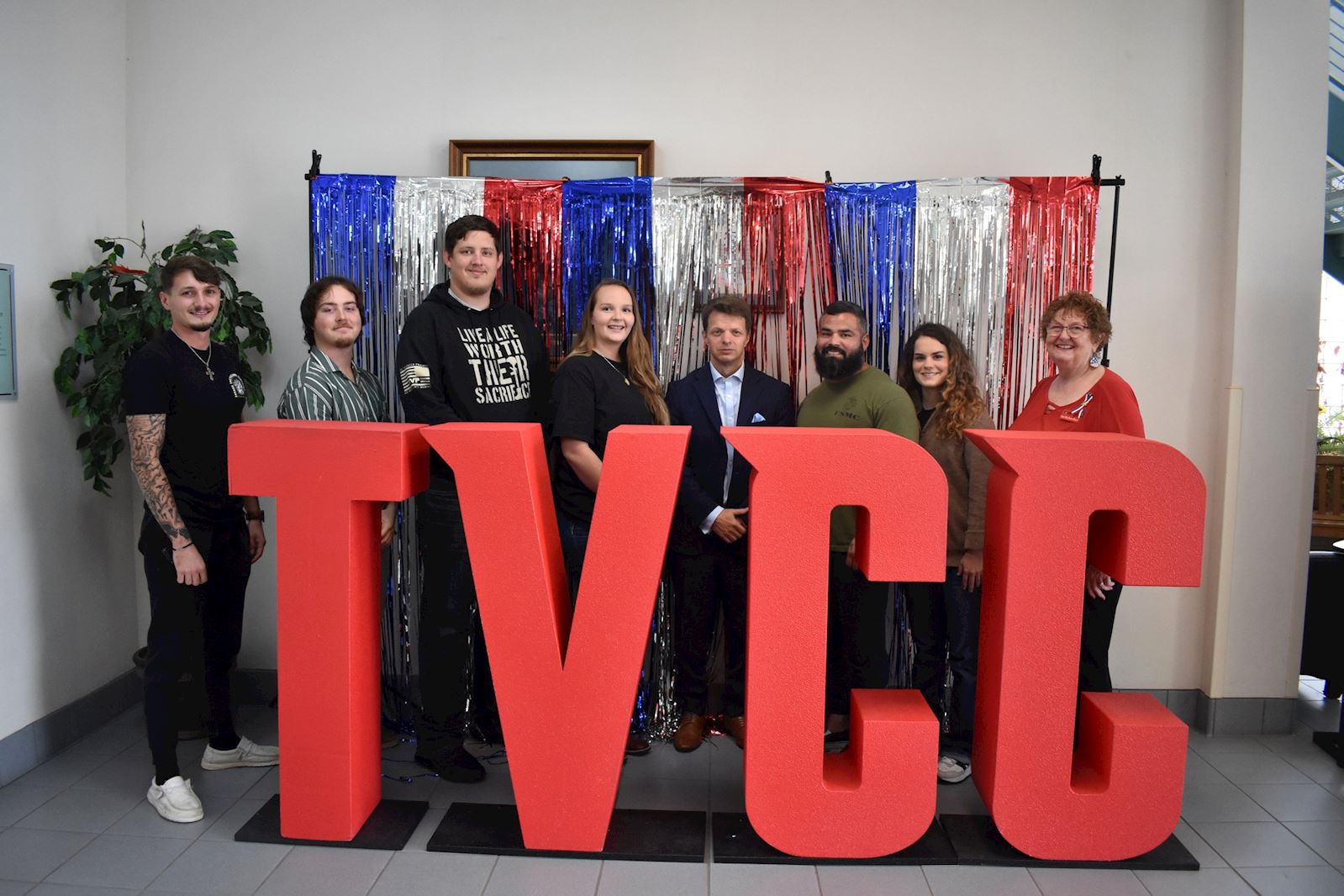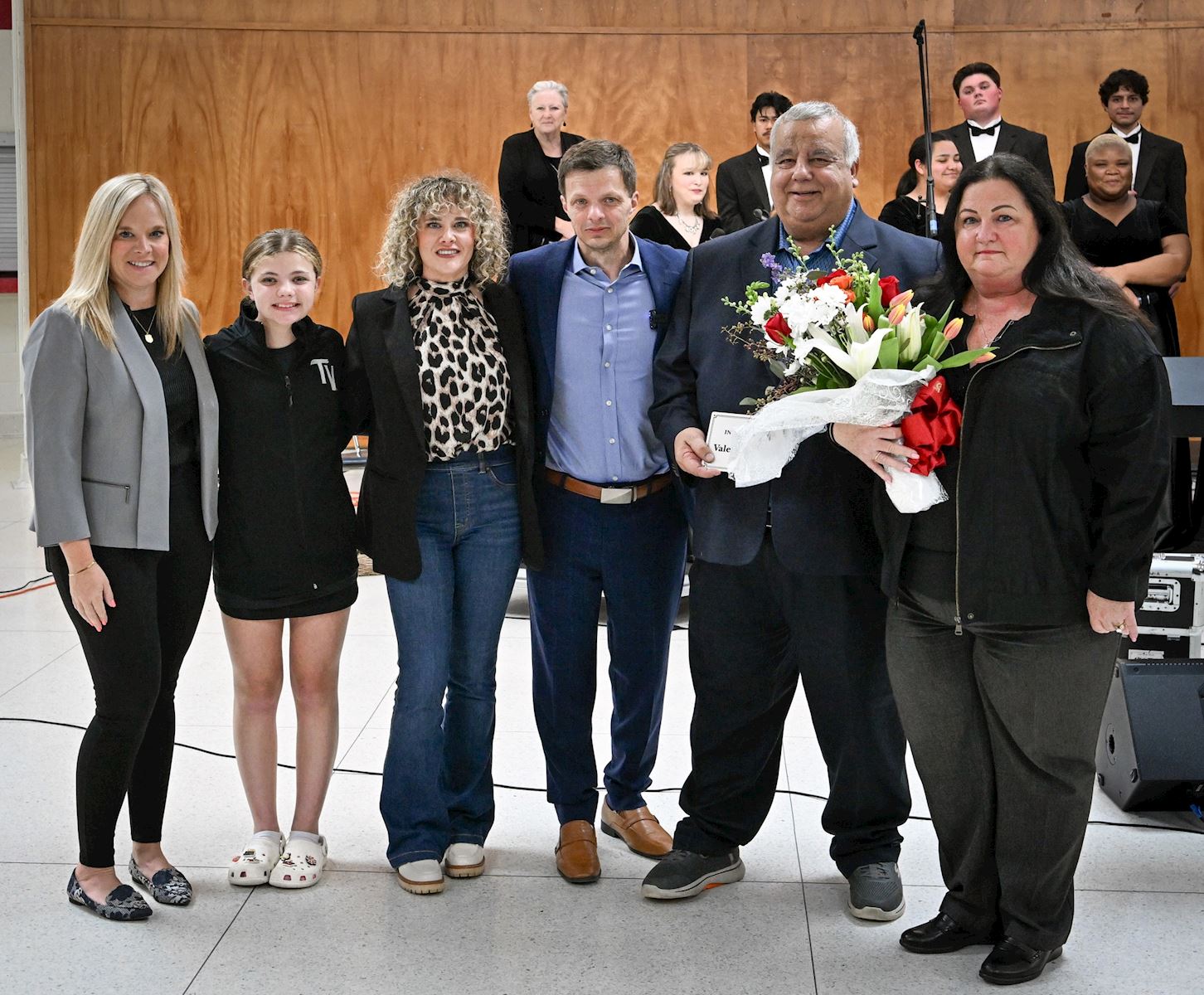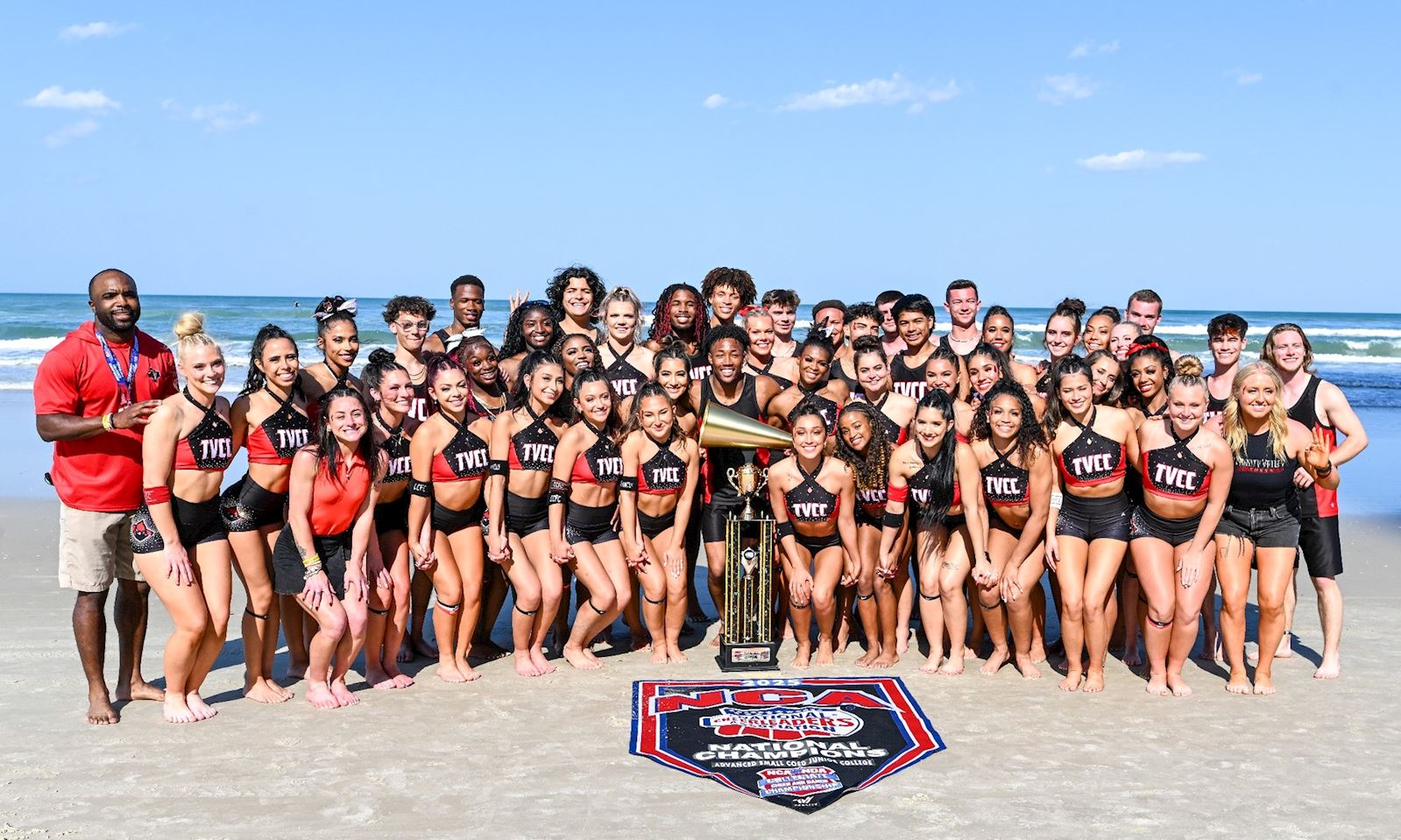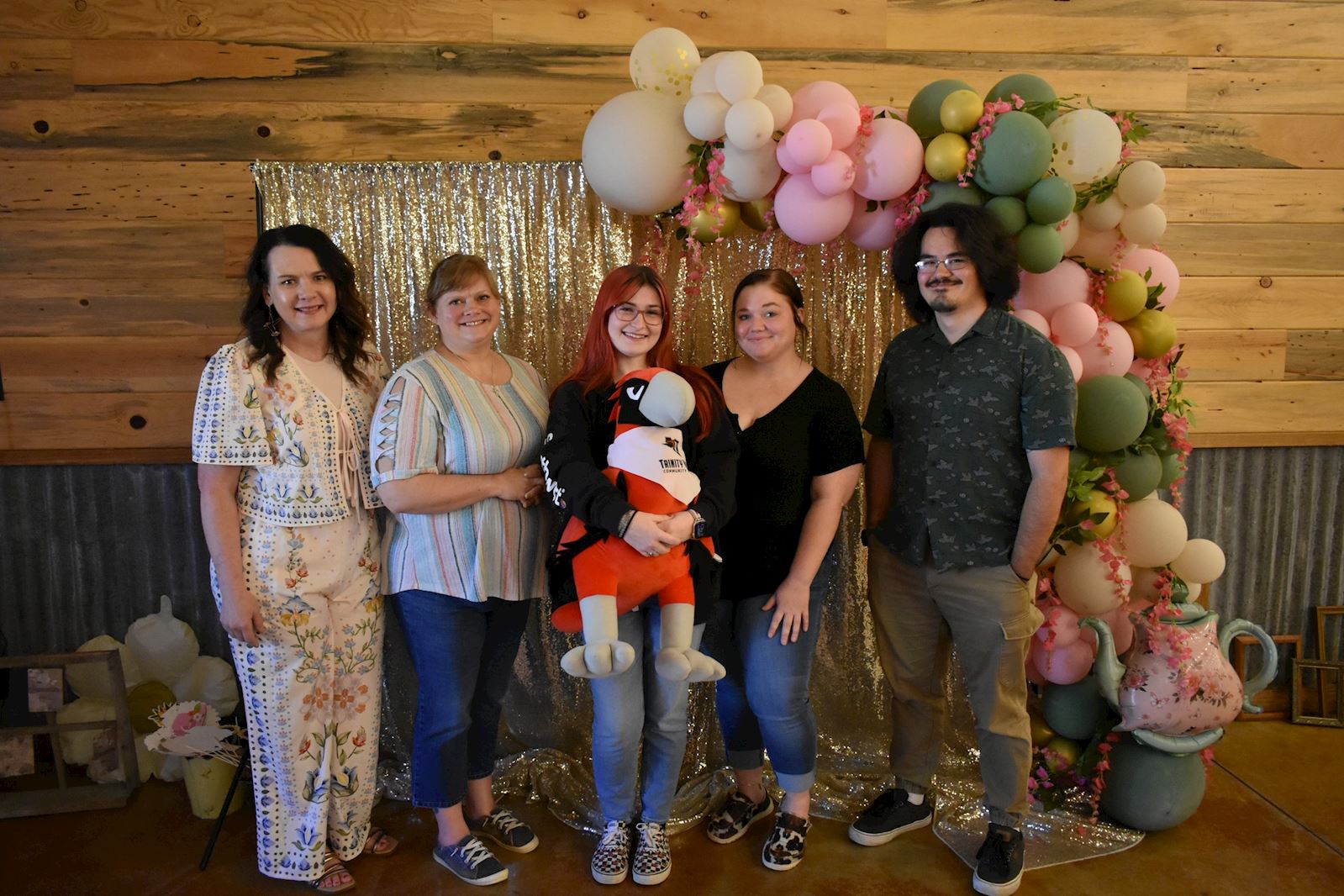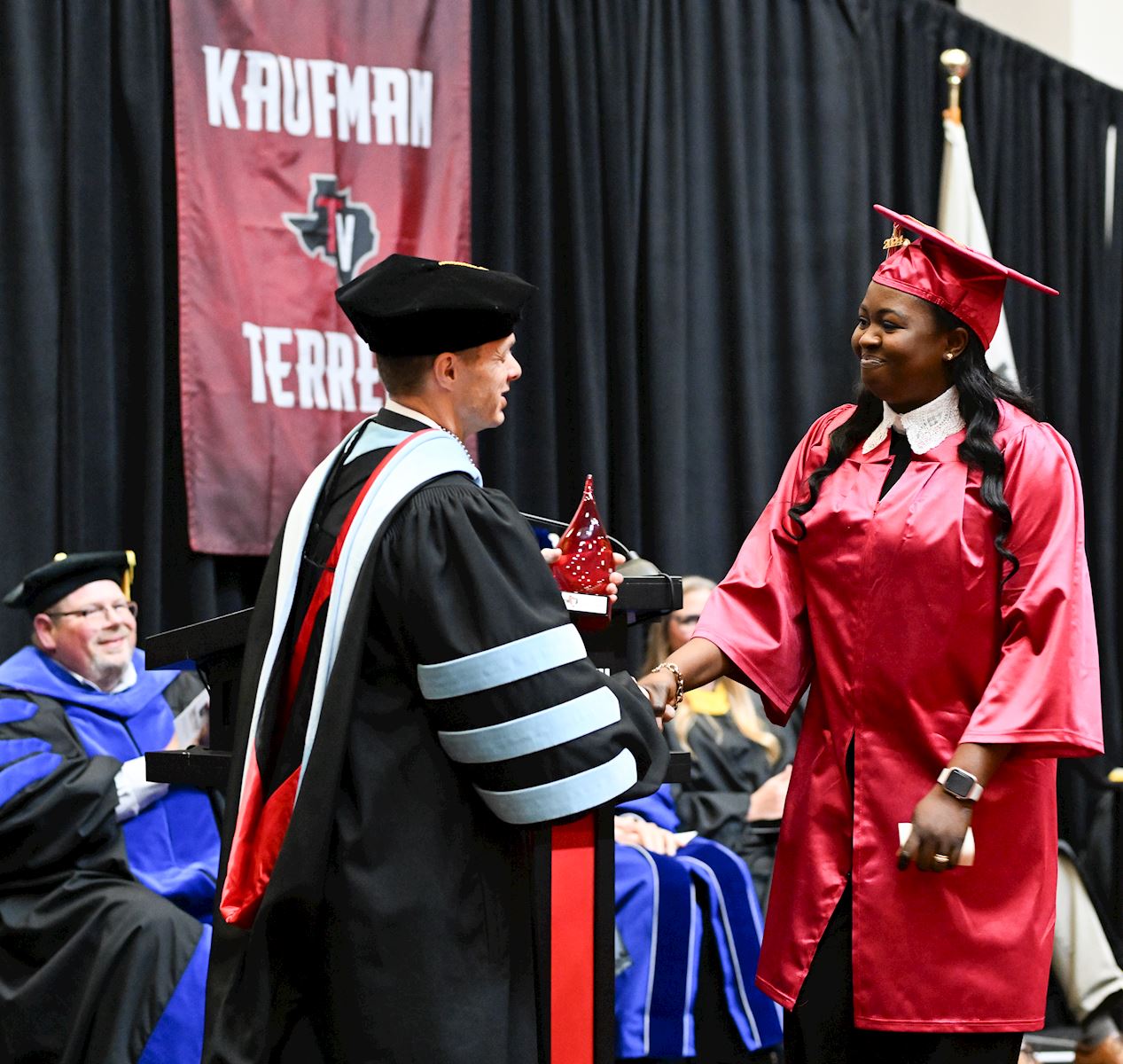TVCC Launches Programs for Aspiring Behavioral Specialists
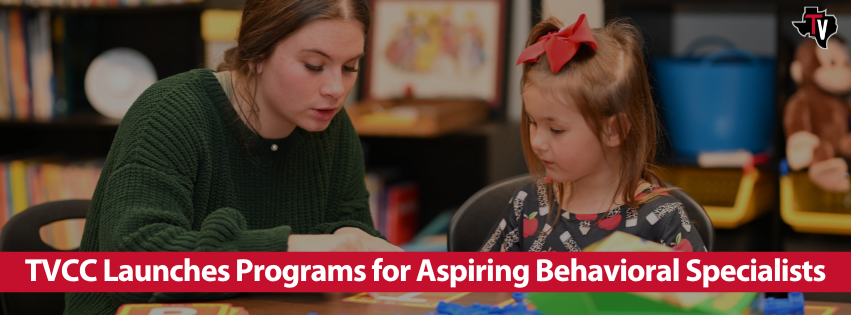
Trinity Valley Community College (TVCC) is excited to offer a program for those passionate about working with students with special needs or behavioral issues.
“When TVCC President Dr. Jason Morrison first joined us, he expressed an interest in offering an autism assistance program or something similar,” explained Associate Vice President of Academic Affairs Erica Richardson. “We began researching with local board-certified analysts and developed a curriculum we call ‘Behavioral Science.’ This program is designed to focus on all children with behavioral issues. It includes a mix of existing TVCC courses along with new ones specifically tailored for applied behavioral analysts.”
During the spring 2023 program review process, TVCC academic leadership began exploring the addition of a credential in Behavioral Science, according to Morrison. As part of this effort, they consulted with two board certified behavior analysts and local independent school district leaders to gauge interest in such a program. The advisory committee met twice during the 2023-24 academic year to develop the proposed program sequence and course curriculum. The coursework will be offered both online and in-person and will include opportunities to work with board-certified behavior analysts.
“We have a couple of different areas we are targeting,” Richardson noted. “The first is paraprofessionals already working in the ISDs. These individuals work with special populations daily, and we aim to provide them with additional skills to enhance the services provided by the ISDs for this specific student population. We’re hoping to attract interest not only from paraprofessionals but also from classroom instructors.”
“We’re also looking at childcare and daycare centers,” Chair of Public Services and Professor of Education and Teaching Suzette Stringer added. “Often, they don't know how to handle some of these behaviors.”
The Behavioral Science Occupational Skills Award (OSA) will consist of 12 semester credit hours and will be available starting in the fall 2024 term. The Behavioral Science Certificate (pending approval), a 25-semester credit hour credential, will be offered beginning in the spring 2025 term. Students who complete the certificate will be eligible to take the exam to become a registered behavior technician. A registered behavior technician provides direct one-on-one behavioral interventions to teach communication, social, and daily living skills, and reduce problematic behaviors in home, community, and school settings.
The program will give students the opportunity to learn from and work hands-on with certified behavioral analysts, Richardson added. The OSA will be offered entirely online except for one in-class practicum course.
“The Occupational Skills Award is 100 percent online,” Richardson explained. “Working individuals can complete all of it in an online setting. There’s only one class in the entire certificate that requires in-person attendance, and that’s the practicum, which functions like an internship.”
This certification will help TVCC remain competitive in a high-demand field and meet the recommendations of the advisory committee.
“Announcing our certificate program, starting with the OSA this year and followed by the full certificate for the behavioral technician exam next year, is truly transformational for our community,” Morrison expressed. “Our local schools are dealing with students they don’t always know how to support effectively.”
Morrison highlighted his excitement about the certificate enabling individuals to become advocates for students with behavioral issues or special needs.
“I’ve always fought for the underdog,” Morrison shared. “For those who are overlooked and forgotten. It’s a point of pride for me to see the progress we’re making with this certificate. Special needs is not a negative label, but how do we provide those students with opportunities? The opportunity may be different, but why define their limitations so early in their lives? Let’s stop defining and imposing limitations. Let’s recognize the limitless potential in what they can achieve.”
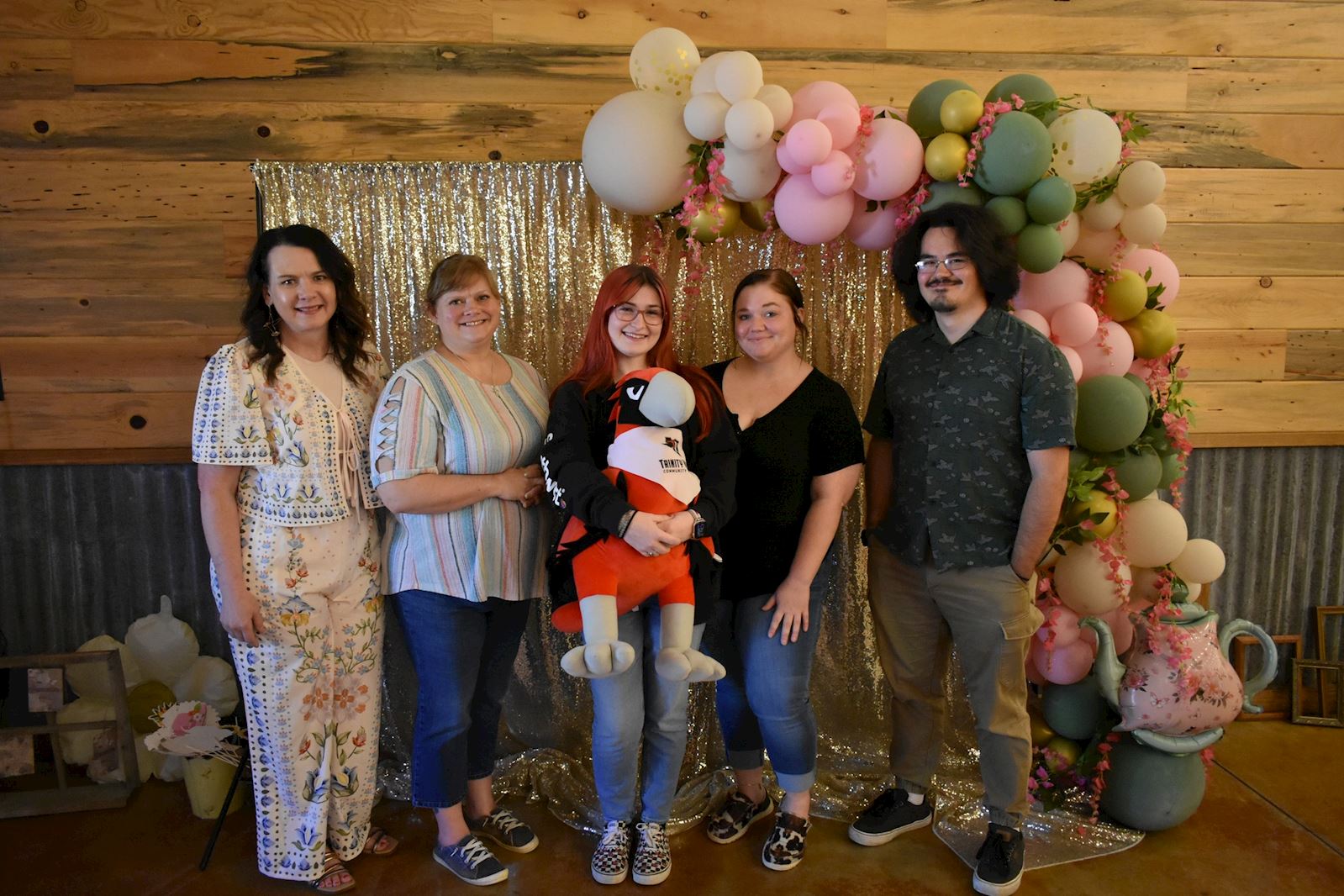
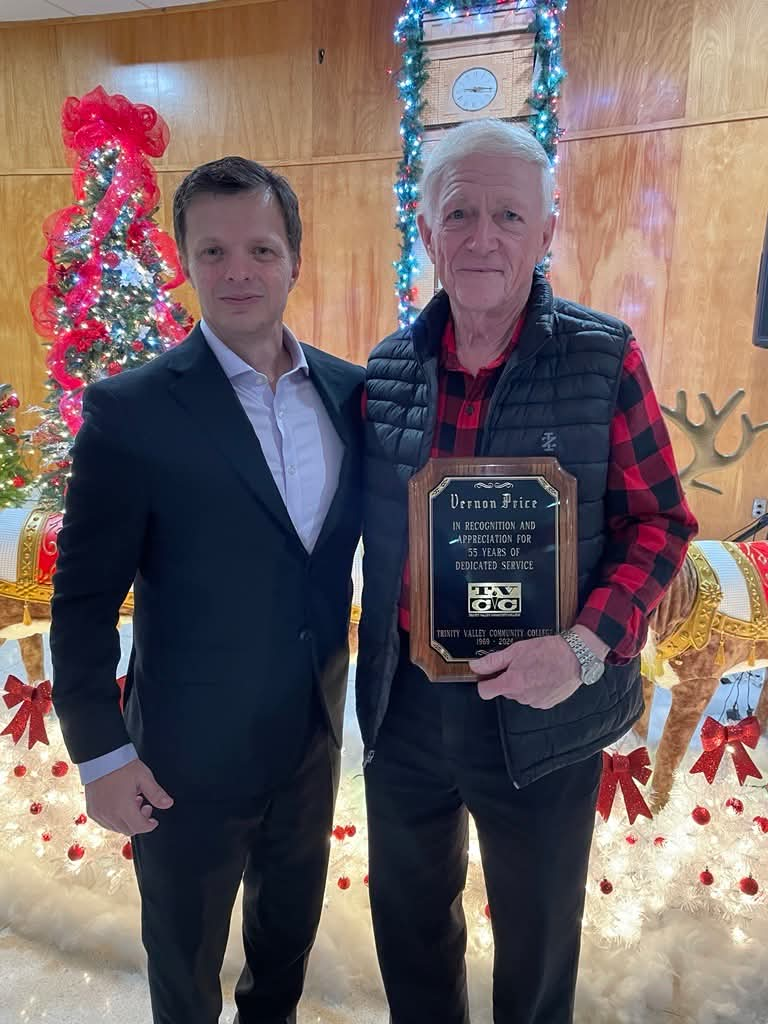
.jpg)
